Ideally, we all want friends who we can be ourselves with, who make us feel respected, valued and supported and who we can share our thoughts and feelings with honestly. But making friends isn’t always easy! Some children will make friends with everyone they meet, while others take longer to form bonds. Here are some ways you can support your child to make good friends.
How do children make friends?
Children’s friendships can be very different to adult friendships, and the ways they make friends and interact with them change as they grow up. This overview shows you what your child’s friendships are likely to look like at different ages and stages, and you can read about this in more detail here if you’re interested. Of course there are no set rules, so if your child’s friendships don’t seem to fit this pattern there’s absolutely nothing to worry about!
Age 3-6: ‘I want it my way’
At this age, children have fun together, but change friends frequently. They can’t yet see situations from someone else’s perspective, so can get upset if their friends don’t feel the same way they do.
Age 5-9: ‘What’s in it for me?’
At this stage, children tend to think about what they get from a friendship rather than what they can give. They may use friendship as a bargaining chip: ‘I’ll be your friend if…’
Age 7-12: ‘Play by the rules’
By this age, children can see things from a friend’s point of view, but can’t yet see what they bring to the friendship. Fairness is very important at this stage, as is a sense of wanting to fit in. This is when they might start saying things like ‘no-one will like me with this haircut’ or ‘no-one will play with me if I don’t have this toy’.
Age 8-15: ‘Caring and sharing’
From this, age children can start to help each other solve problems and confide thoughts and feelings they don’t tell anyone else.
Age 12 upwards: ‘Friends through thick and thin’
From this age, children can start to develop trusting, supportive, close friendships, where differences can be accepted and appreciated.
How can I support my child to make friends?
Tip #1: ‘Practise’ being good friends together
The interactions you have with your child when they’re little will help them make friends when they get older, because they help them get used to the give and take of being a friend. For example, you can practise sharing toys and tasks, taking turns talking or singing, or doing nice things for each other. Try encouraging them to do kind things for other people too, like making a card for someone who’s poorly, saving someone a seat, or sharing a treat. When they realise how much people appreciate kind gestures, they’ll want to be kind all the time!
Tip #2: Listen in turn
It’s important that you listen to your kids (put away that phone now!). But make sure they learn to listen to you too. Playing games where you have to wait your turn and pay attention to what other players are doing is good for practising this.
Tip #3: Let them see things from your point of view
You’ve probably noticed that young children don’t have much concept of how other people are feeling. Why would anyone else want to eat if they’re not hungry, or want to go to the loo if they don’t need to? Letting your child know how you feel about things can help them understand that other people have feelings too. For example, if they do something kind for you, praise them and let them know it makes you feel loved. Likewise if they’re acting up, tell them why their behaviour is upsetting.
You can also encourage them to see things from other people’s points of view. For example, if you’re reading a book together or watching a programme, you could ask them ‘how do you think that character feels about that?’ You could even explain that empathy (the ability to understand and share the feelings of someone else) is a superhero skill, like mind reading.
Tip #4: Sharing is caring
You can help your children learn the important skill of sharing by practising sharing with their toys. This video from Tiny Happy People shows a simple game you can play to help them with this.
Tip #5: Say hello, wave goodbye
Teach them how to respond to greetings from people they know: if a friend or relative says hello, encourage them to say hello back. Simple interactions like this will help them start a conversation and make friends.
If they’re nervous about entering a new social situation, like going to a party or starting nursery or school, it can really boost their confidence to practise some conversation openers. For example, you could suggest they pay another child a compliment (‘I like your T-shirt/shoes/drawing’) or offer to share a toy or play a game together. You could also help them know how to respond if someone starts a conversation with them.
Tip #6: Give them plenty of opportunity to make friends…
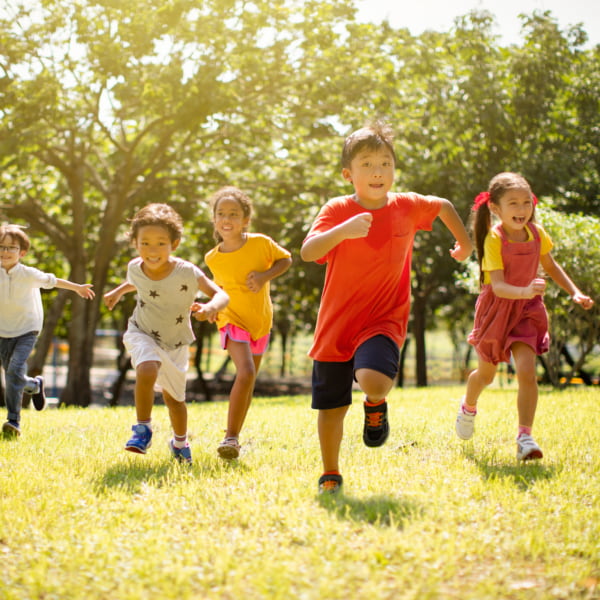
The more kids your child meets, the more likely they are to make friends. So give them as many opportunities as you can to meet other children. When they’re little you could arrange play dates for them with friends’ children (although keep them short, so they don’t get overwhelmed).
As they get older, you could try encouraging them to join clubs at school or outside school so they meet kids with similar interests. Encourage them to have their friends over to play if you can, and make sure they always get a warm welcome.
Tip #7: …But let them make their own choices
If your best friend has a child close to your child’s age, it’s tempting to want your kids to be besties too, but this doesn’t necessarily work. Try to let them make their own friends, following their own interests and likes.
Tip #8: Play date rules
As kids get old enough to play together without grown ups getting in the way, it can really help things go smoothly if they understand some ground rules. For example, if another child is coming to your home to play, it can help to have a chat with your child about being a good host, so they know to share their toys, and not to ignore their friend or boss them around. It’s also a good idea to have some options for activities ready, to avoid that ‘what do you want to do?’ ‘I dunno’ scenario.
Tip #9: Give them space
As your children get older, make sure you give them space and time to spend with their friends. They don’t always need to be doing something constructive either – just hanging out chatting is great for building friendships. Our section on raising a teenager has more advice for supporting older children and teens.
If your child is worried about making friends you could suggest they have a look at Childline’s top tips for making friends.
What if I have twins, triplets or more?
Multiples often learn to get on with other children earlier than single children, as they’ve always had to share! It’s a good idea to encourage your multiples to make their own friends separately, so they don’t feel as if they come as a package. Each child may well prefer different things – like sport, playing make believe games, being active outdoors or playing boardgames – and may be drawn to other children who share their interests.
For example, you could suggest that they each invite a friend round to play, or go to separate friends’ homes for play dates or sleepovers. This helps them develop their own sense of who they are, distinct from their sibling(s).
You can find out more about how to help multiples express their individuality and make friends at school on the Twins Trust website.
How can I encourage my child to have healthy friendships and relationships?
In a healthy friendship or relationship, both people:
- feel free to be themselves and to talk openly about anything without worrying about being judged.
- respect each other’s boundaries and don’t do anything that makes the other person feel uncomfortable or hurt.
- trust each other.
- are equal – one person doesn’t have more power in the relationship than the other.
It’s important to help your child understand what healthy friendships and relationships feel like. It can help them choose friends that they genuinely like, and who make them feel good about themselves. It can help them avoid being friends with children who push them around or make them feel inferior.
As they get older and start to have crushes and get interested in romantic relationships, knowing what makes a healthy relationship can help them understand the importance of consent and help them stay safe – whether their relationships are online or offline.
The best way to help your child have healthy friendships and relationships as they grow up is to remind them regularly that:
- We’re all different, unique and special. (Our pages on neurodiversity and LGBT+ and gender identity have more tips on talking to your child about difference.)
- Children can be whoever they want to be. (Our page on challenging gender stereotypes has more tips for helping children realise they don’t need to fit into a ‘girl’ or ‘boy’ box but can be whoever they want to be.)
- Everybody’s feelings are important. You don’t have to agree with them, but you need to respect that is the way they feel and it is real for them.
- We should always be kind to others, and other people should be kind to us.
- If they ever feel sad, worried or upset, they can always talk to you or another adult they trust, like a teacher or other family member.
What about romantic friendships?
Even in primary school children may feel pressure to have a boyfriend or girlfriend. Well-meaning friends or relatives may ask them if they have a boyfriend or girlfriend yet. This can get in the way of girls and boys simply being friends, so try not to tease them about this or push them to define their friendships. By helping them be assertive and confident and have fun with their friends, you’ll be building a good foundation for them to have a relationship when they’re older with someone who respects and cares for them.
Our pages on talking to your child about sex and challenging gender stereotypes have more advice on helping children get ready to have healthy relationships.
 Activities & Play
Activities & Play Behaviour
Behaviour Childcare
Childcare Development & Growing Up
Development & Growing Up Family, Friends & Relationships
Family, Friends & Relationships Feeding Your Baby
Feeding Your Baby Food & Eating
Food & Eating Health & Safety
Health & Safety Mental Health & Wellbeing
Mental Health & Wellbeing Money & Work
Money & Work Online Behaviour & Safety
Online Behaviour & Safety Pregnancy & First Days
Pregnancy & First Days School & Education
School & Education Sleep
Sleep

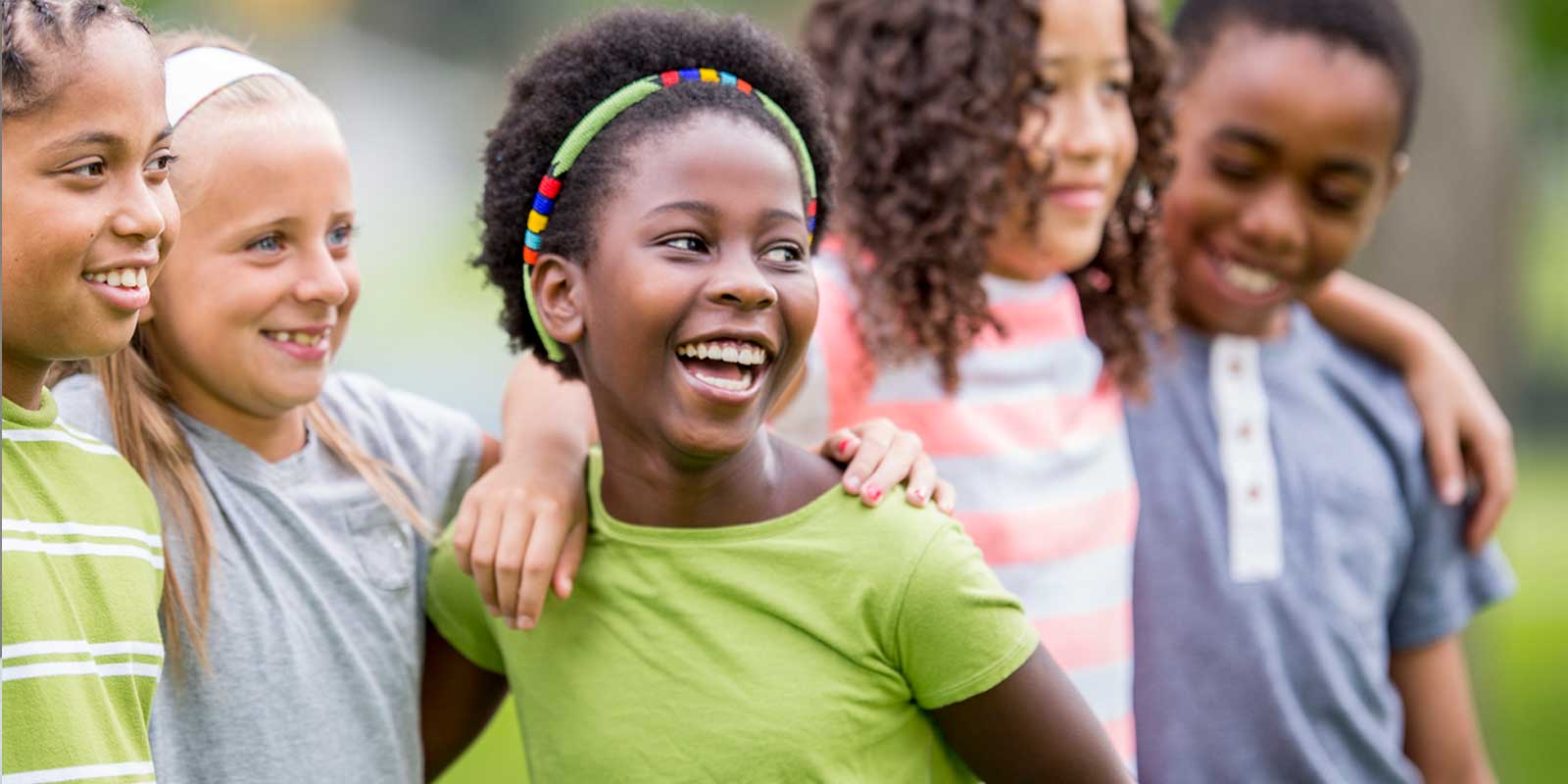
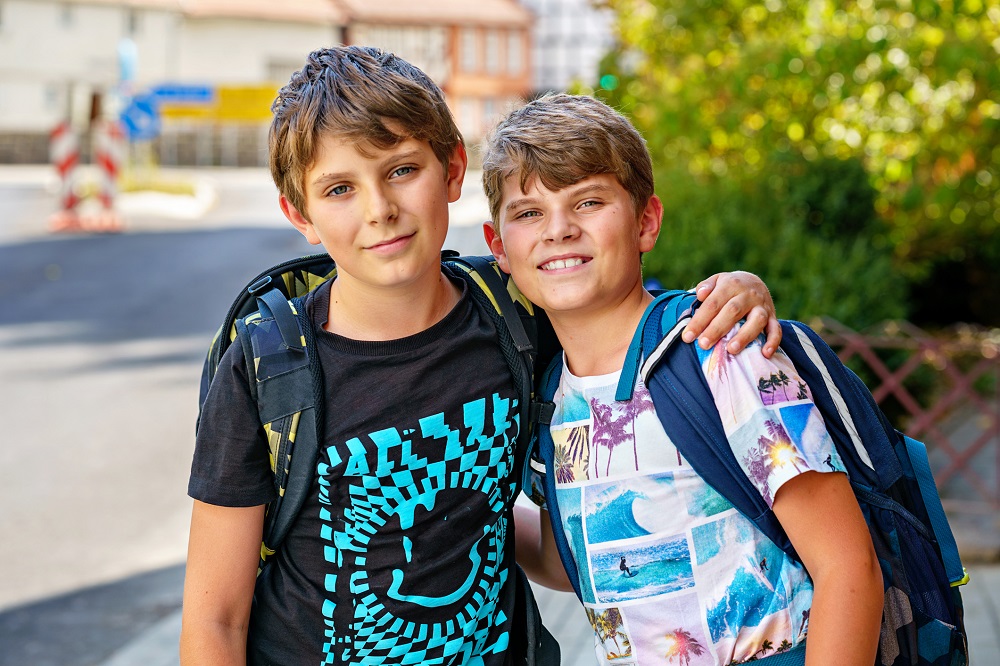
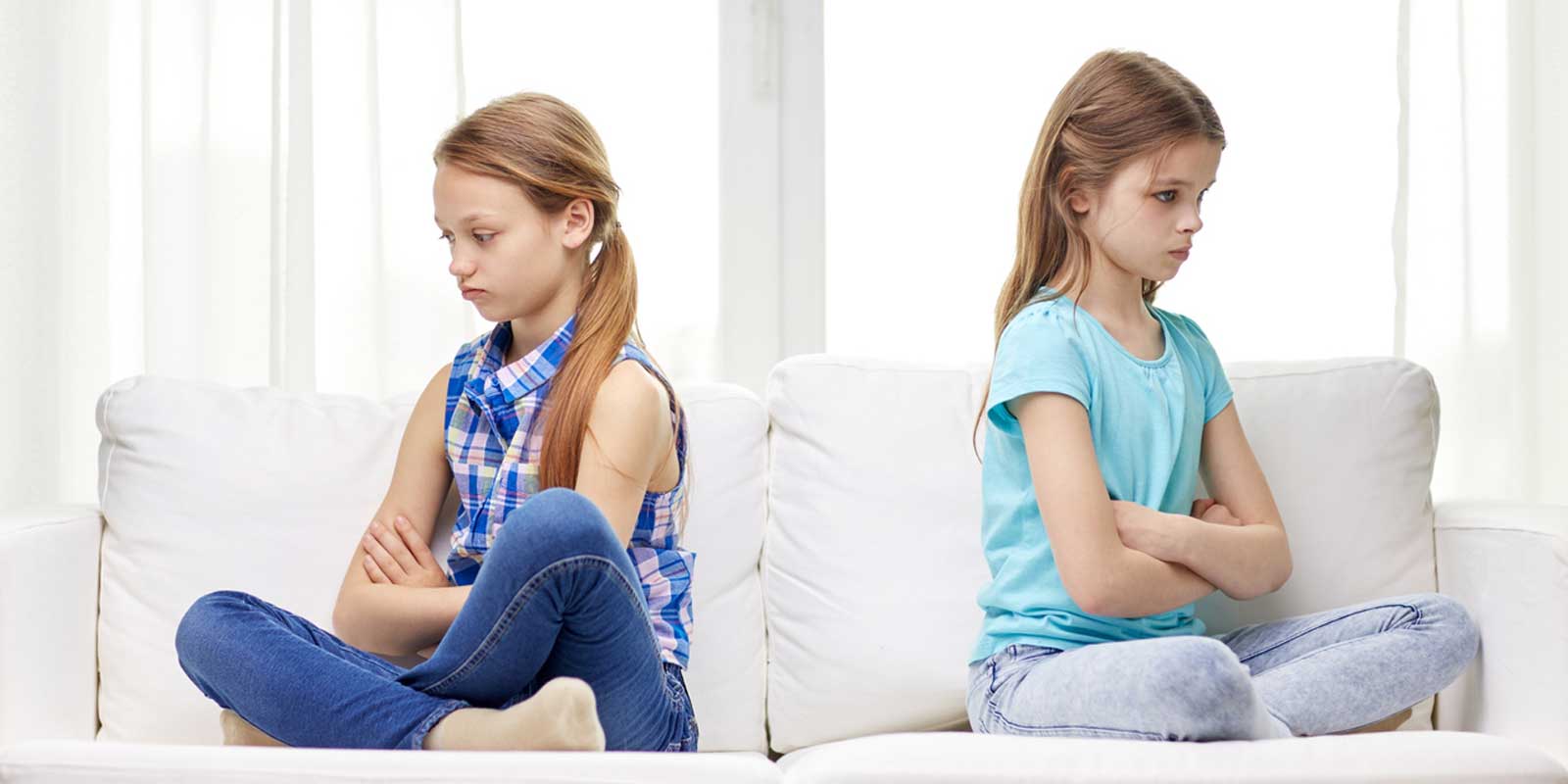

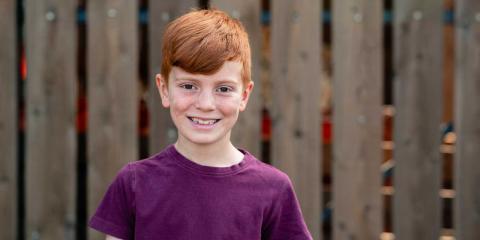


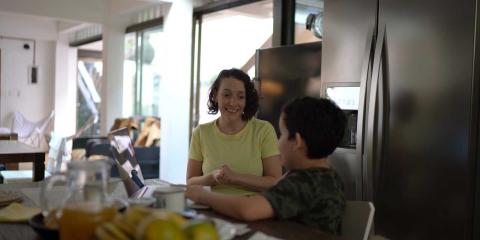
 Mental Health & Wellbeing
Mental Health & Wellbeing
 School & Education
School & Education